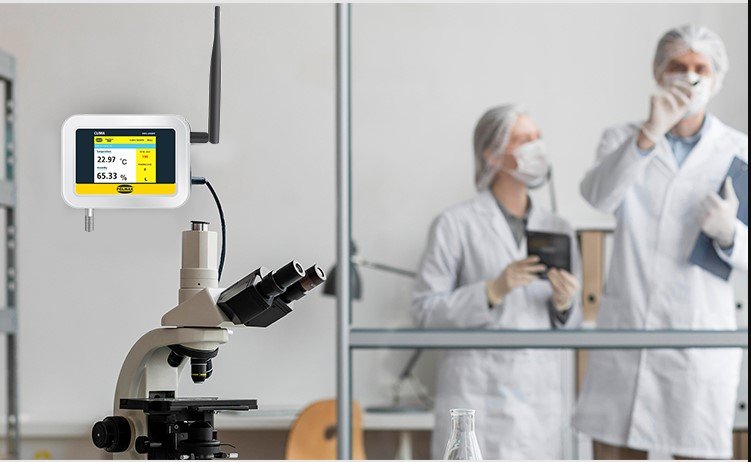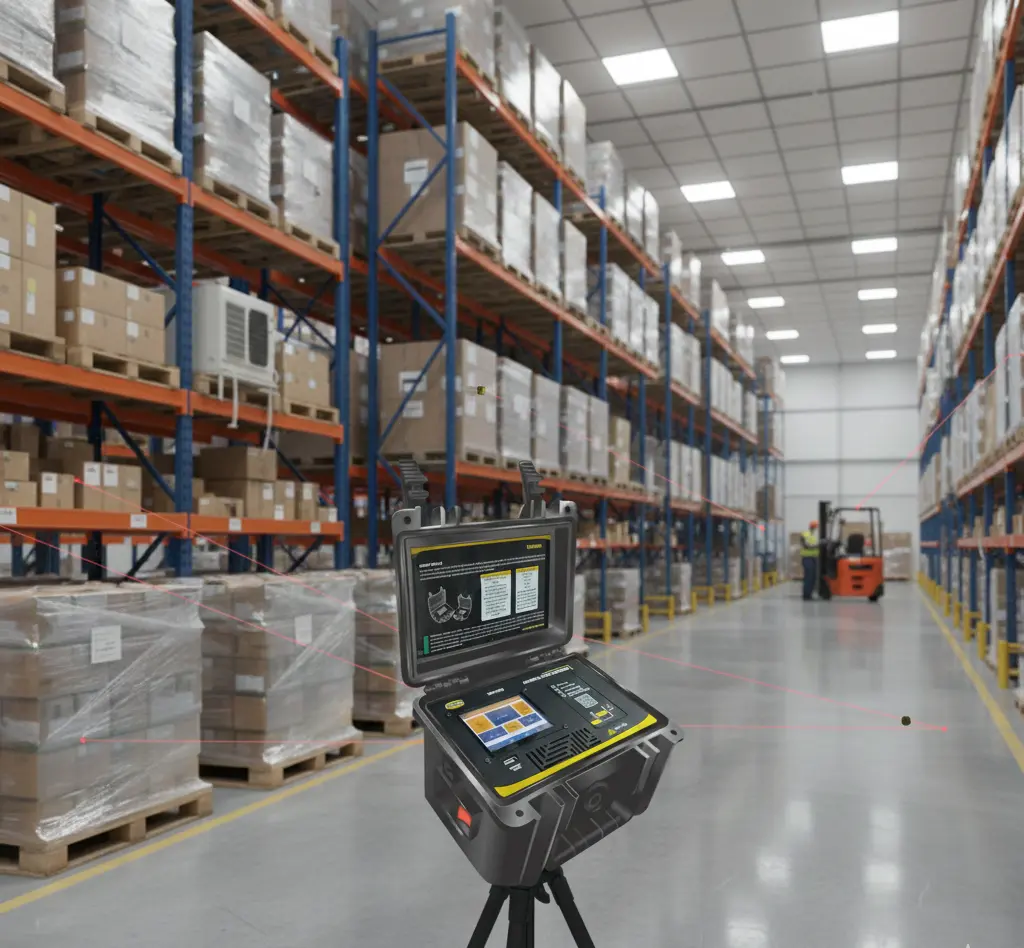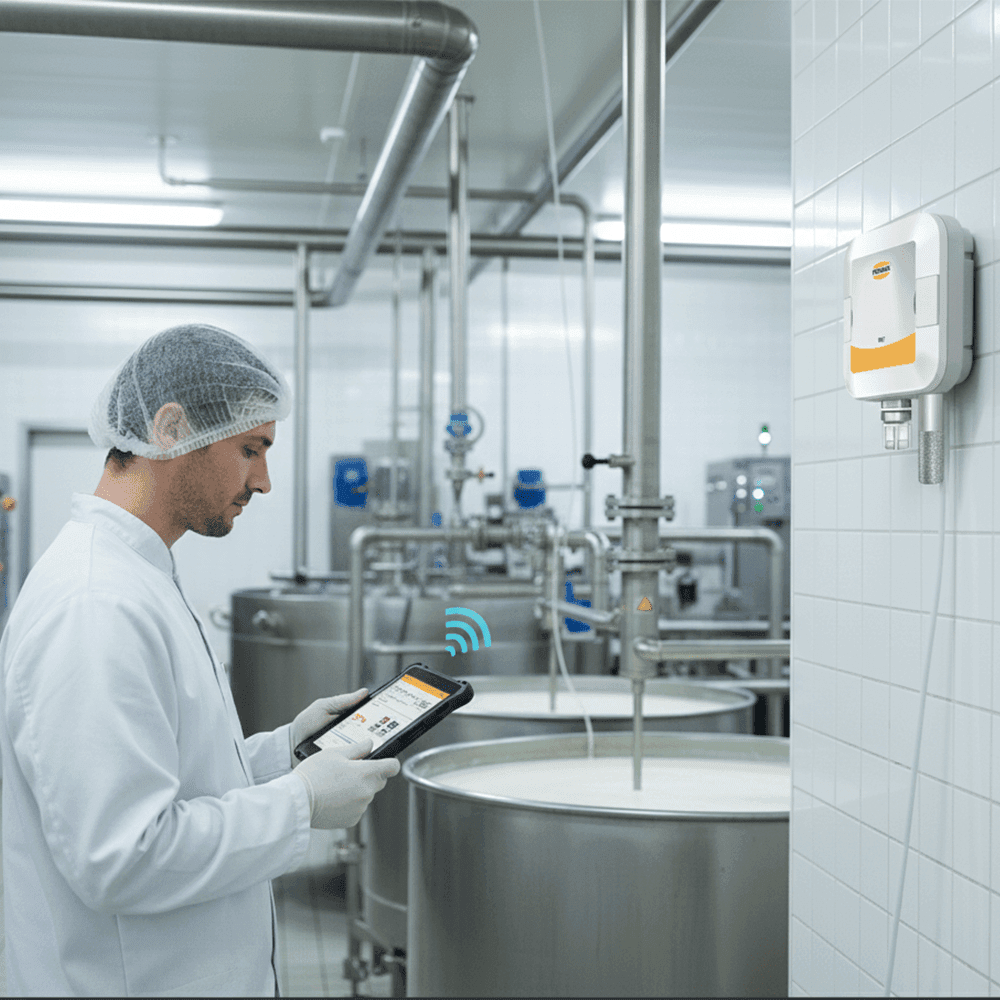Wastewater Industry
Precise Measurement Technology for
Wastewater Treatment
In wastewater treatment plants, accurate monitoring and control are essential to ensure efficient operation, compliance with environmental regulations, and protection of public health. Our service-proven measurement technology provides reliable solutions for every stage of the wastewater treatment process. Accurate flow measurement is critical in managing water intake, distribution, and discharge. Our flow meters (magnetic, ultrasonic, and Coriolis) are designed to handle challenging conditions such as varying flow rates, suspended solids, and chemical concentrations. Monitoring inflow and outflow in treatment facilities. Controlling the flow in aeration tanks, settling ponds, and clarifiers. Ensuring proper flow rates for chemical dosing systems. pH and conductivity measurement is crucial for optimizing chemical dosing, monitoring water quality, and ensuring the treatment process is within regulatory limits. Our sensors are designed to handle the harsh environments often found in wastewater plants. pH control in aeration tanks and chemical dosing systems. Monitoring effluent quality before discharge. As water resources become more limited, water recycling and reuse are becoming increasingly important in both municipal and industrial wastewater treatment.
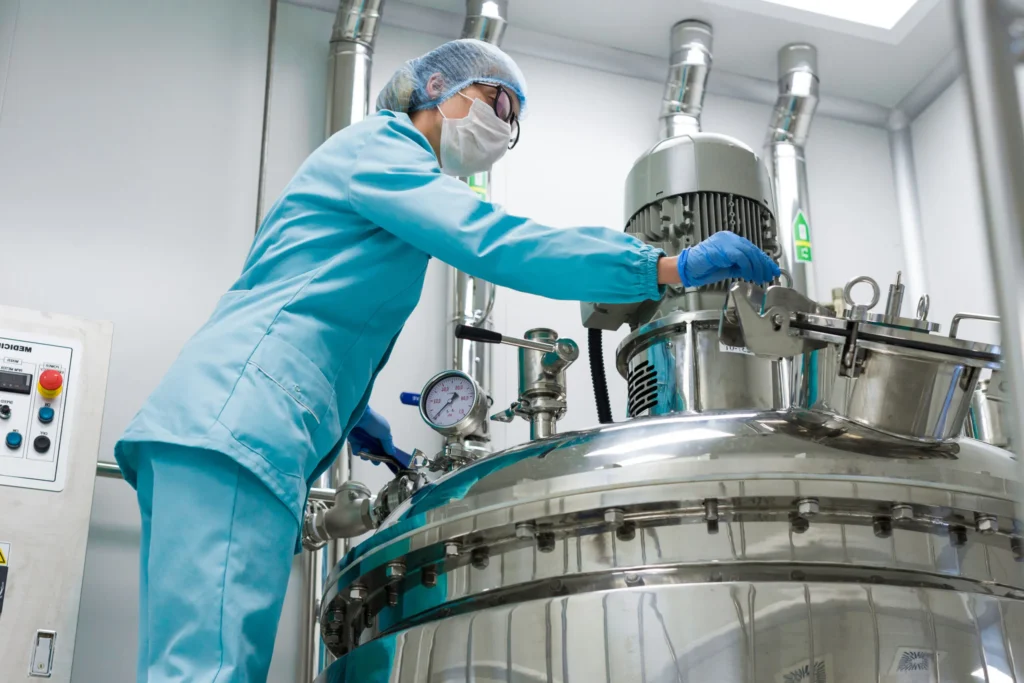

Wastewater


Municipal wastewater treatment plants (WWTPs) handle the sewage and runoff from cities and communities. These facilities require precise instrumentation to manage large volumes of water and ensure that effluent meets environmental discharge standards.
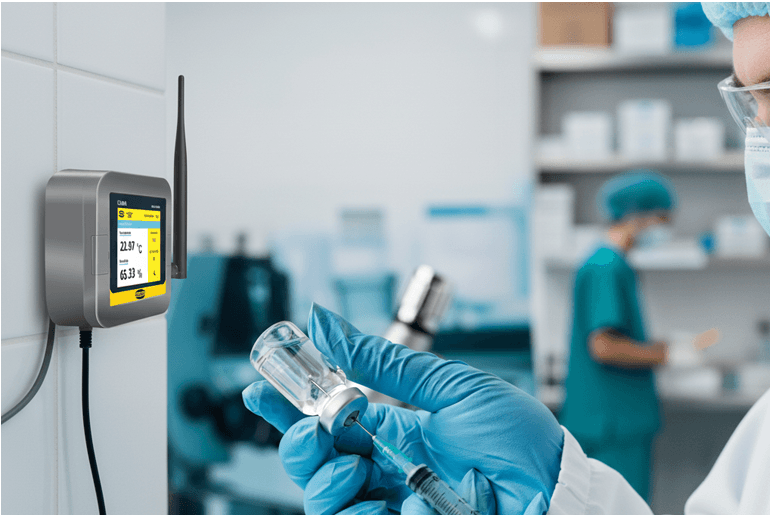

Industries such as manufacturing, food processing, chemicals, and pharmaceuticals produce wastewater containing specific pollutants and contaminants that must be treated before discharge or reuse. Each industry has unique requirements for wastewater treatment.


Stormwater runoff from roads, parking lots, and industrial sites can carry pollutants such as oils, chemicals, and debris into water systems. Treatment systems are needed to control and manage this runoff, preventing contamination of natural water bodies.
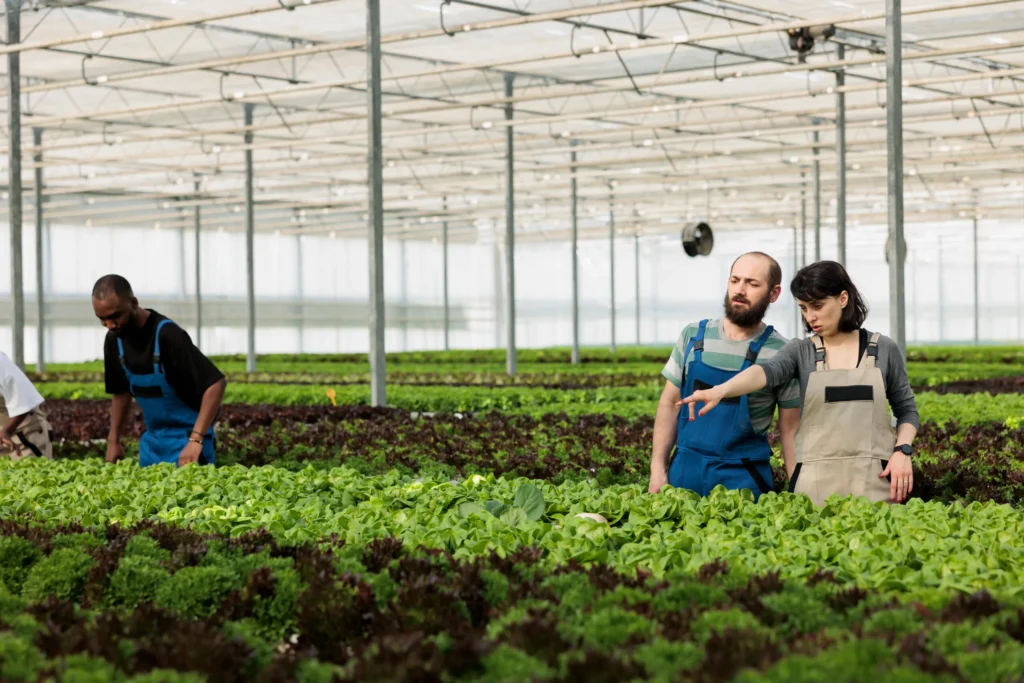

Agriculture generates large volumes of wastewater, including runoff from irrigation and livestock operations, which may contain nutrients, pesticides, and organic materials. Treatment is essential to prevent water pollution and enable safe reuse for irrigation or animal use.
Sensors for Wastewater Industry
Water is an important food to consume. The treatment of wastewater is an equally vital duty as the supply of drinking water is monitored. Polwax provides temperature, humidity, and pressure sensor technology that is precisely tailored to meet the needs of the water and wastewater sectors. Our sensors are designed to handle the harsh environments often found in wastewater plants. pH control in aeration tanks and chemical dosing systems. Monitoring effluent quality before discharge.
Instruments Used in the Wastewater Industry
Mobile Dataloggers
Mobile dataloggers are portable devices that record real-time data from various instruments across the wastewater plant. These dataloggers enable plant operators to collect, store, and analyze critical data for process optimization and regulatory compliance.
Recording temperature, pressure, humidity, and chemical levels throughout the wastewater treatment process.
Monitoring key parameters in remote or hard-to-access areas of the plant, ensuring continuous operation and reducing downtime.
Analyzing data trends to improve operational efficiency, detect equipment malfunctions early, and enhance maintenance schedules.
Temperature and Humidity Transmitters
Temperature and humidity transmitters are used to monitor and control the environmental conditions in wastewater treatment plants. These transmitters ensure optimal conditions for equipment, stored chemicals, and treatment processes.
Monitoring temperature and humidity in control rooms, storage areas, and laboratories.
Preventing equipment failures due to extreme humidity levels, which can affect sensitive electronics or process chemicals.
Controlling temperature in aeration tanks, ensuring optimal biological activity for treatment processes.
Differential Pressure Transmitters
Differential pressure transmitters are essential for measuring the pressure difference between two points in a system. This data is crucial for monitoring flow rates, filter conditions, and overall system performance.
Monitoring differential pressure across filters in water treatment and sludge dewatering systems to ensure efficiency and timely maintenance.
Measuring fluid levels in storage tanks, digesters, and basins using hydrostatic pressure.
Ensuring proper airflow in aeration systems and controlling pressure in biogas recovery processes in anaerobic digesters.
Clima Datalogger
The highlights of POLWAX CLIMA Connect include wireless connection, high autonomy, and flexibility for different types of sensors. The value addition is completed by the large display, portability, and simple installation. Mobile device configuration and data downloading are also possible.

